
Cisco certifications have become extremely popular over the past few years. Cisco certification is one of the most valuable certifications in the IT industry today. When it comes to Cisco certification, there are many different options. To advance your career and seek better opportunities in your profession, you need proper certifications. Find online certification here. Discover similar industry-leading certifications that will accelerate your career growth.
It is noteworthy that the concept of standard Cisco certification was introduced in 1998. This was when Cisco first introduced entry-level and professional networking certifications. The original idea behind the certifications was to complement the Cisco Certified Internetwork Expert (CCIE) program. Since then, Cisco began expanding its certifications and currently issues certifications to all professionals up to the Experience level.
CISCO Certification Levels
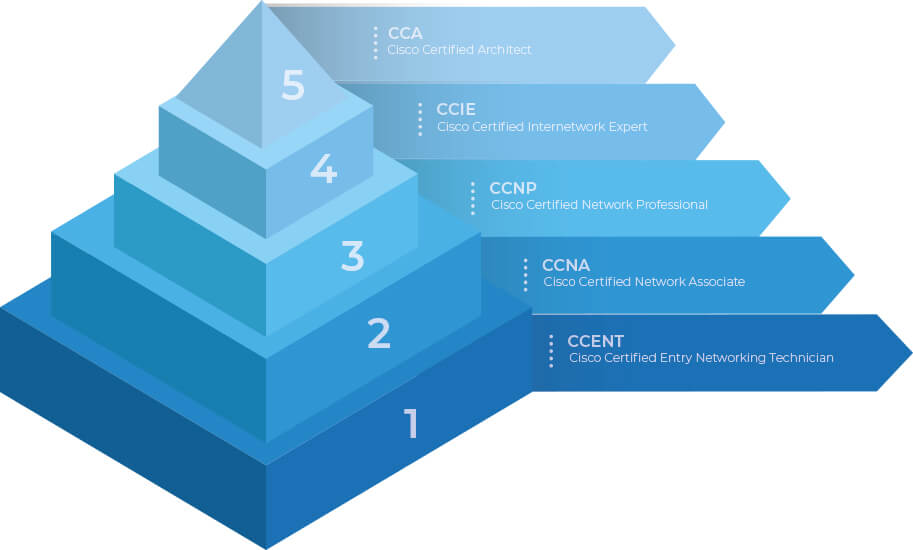
What is CCNA?
Cisco Certified Network Associate (CCNA) is one of the most prestigious certifications offered in the entry-level IT industry. People who have at least 1 or 2 years of experience in network engineering are eligible for CCNA certification. The most important advantage of CCNA training is that CCNA certification is very affordable.
The purpose of this certification is to provide associate-level certification for beginners who are enthusiastic and already have some networking experience. Students interested in the CCNA program will undergo testing and training in the installation, maintenance, and troubleshooting of Cisco’s intermediate networking equipment. Students in this program are also tested and trained in troubleshooting and installation of end-to-end networking. CCNA certification also provides candidates an opportunity to learn more about the fundamentals and concepts of Cisco networking environments. Additionally, the certification also provides beginners with adequate knowledge of how to operate IT equipment without experiencing any problems.
What is CCNP?
CCNP is the Cisco Certified Network Professional certification. Professionals who have at least one year of experience in networking are eligible for this certification. Besides, those IT professionals should also have a high school diploma or equivalent qualification.
The CCNP certification is for professionals who want a specialized training program in implementing, maintaining, and planning Cisco’s wide range of high-end network solution products. The CCNP certification curriculum includes several different courses that cover the basics of IT networking. Some of these include:
- Cisco remote access
- Cisco advanced routing
- Cisco Multilayer Switching
- Aggregated Network Optimization
- Scalable internet works
If you enroll in this certification program, you will be trained to troubleshoot, maintain, and install both wide area networks (WAN) and local area networks (LAN) for systems between 100 and 500 nodes. In this certification program, students gain expertise in a wide range of network features and protocols, including route redistribution, access lists, Ethernet, and AppleTalk.
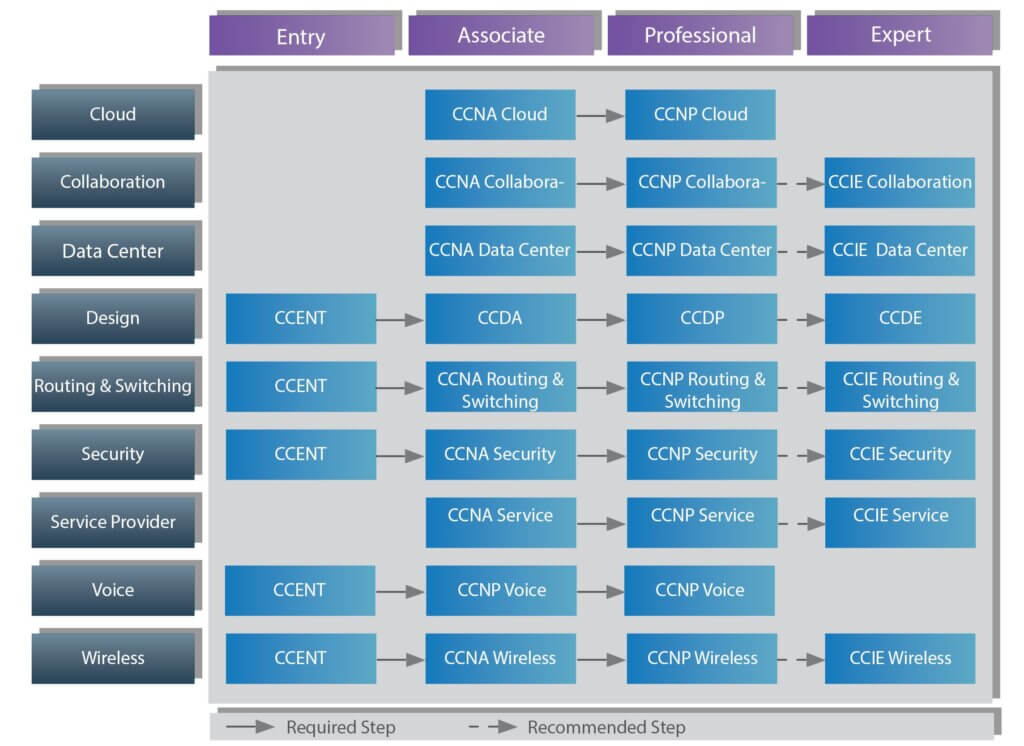
Main Difference between CCNA and CCNP?
In short, the difference is that the CCNA certification is an associate-level certification that tests professionals on the fundamentals of switching and routing. CCNP is a more advanced and valuable certification that requires a comprehensive understanding of WANs and LANs and how they work together.
The CCNP certification is considered the more senior of these two Cisco certification levels, given that it gives a more in-depth and comprehensive insight into the workings of networking and compared to CCNA its associated content like security and wireless options.
Career Differences Between CCNA vs. CCNP
Since the levels of training differ between CCNA and CCNP, each of these certifications leads to different career paths.
CCNA Career Path
This certification is best suited for individuals who want to pursue entry-level careers such as:
- Network support engineer
- Network technician
- Help desk engineer
- Service Desk Engineer/Technician
- 1st and 2nd line support
CCNP Career Path
The CCNP certification is suitable for IT professionals who want to advance in their careers and may include the following:
- 3rd line support
- Network Engineer
- Network analyst
- IT Team Leader
- Systems Engineer
- Network Specialist
Difference Between Exam Patterns of CCNA and CCNP
| CCNA | CCNP |
| Option 1: 200-120 CCNA Interconnecting Cisco Networking Devices. (CCNAX) | 300-101 Root Implementing Cisco IP Routing (Root) |
| Option 2: 100-101 ICND1 Interconnecting Cisco Networking Devices Part 1. (ICND1) | 300-115 Switch Implementing Cisco IP Switched Networks (Switches) |
| 200-101 ICND2 Interconnecting Cisco Networking Devices Part 2 (ICND2) | 300-135 TSshoot Troubleshooting and Maintaining Cisco IP Networks (TSshoot) |
Similarities Between CCNA and CCNP
First and foremost, both the CCNA and CCNP represent intermediate levels of networking knowledge. Interestingly, while the CCNA and CCNP represent separate tracks within Cisco’s certification program, they share a lot in common. Both certifications require you to pass two exams to earn the credential. Additionally, both the CCNA and CCNP quizzes are 90 minutes long and include multiple-choice and simulation questions. Well, the main difference is in the focus of the exam. The CCNA exam covers a wide range of topics including IP addressing, routing protocols, switching, security, and more. On the other hand, the CCNP exam is more specific and focuses primarily on Cisco routers and switches. Additionally, the CCNA is considered a more entry-level certification than the CCNP. Since the CCNA covers a wider range of topics and requires less experience than the CCNP.Ultimately, both the CCNA and CCNP can help you advance your career in networking.
CCNA and CCNP Exam Requirements
To become a Cisco Certified Network Associate (CCNA), you must pass an exam. The current CCNA exam subjects are:
- Exam 100-105: ICND1 Interconnecting Cisco Networking Devices Part 1
- Exam 200-105: ICND2 Interconnecting Cisco Networking Devices Part 2
To become a Cisco Certified Network Professional (CCNP), you must pass two exams. The current CCNP exam subjects are:
- Exam 300-101: Route Implementing Cisco IP Routing
- Exam 300-115: Implementing Cisco IP Switched Networks
- Exam 300-135: Troubleshooting and Managing Cisco IP Network Problems
The CCNA and CCNP exams are both multiple-choice, with mixed question types. Some questions require you to select the best answer from a list of options, while others require you to drag and drop the answers into the correct order. Exams are conducted in English and various other languages such as Spanish, Chinese, and Japanese.
You will have 90 minutes to complete the CCNA exam and 120 minutes to complete the CCNP exam. Both exams are offered in a controlled environment at Pearson VUE testing centers. You can also take the exam online through the Cisco Online Exam Portal.
Cisco recommends that you have at least one year of experience working with Cisco networking products before taking the CCNA or CCNP exam. You should also be familiar with the Cisco IOS command line interface (CLI) and have a basic understanding of IP networking.
CCNA vs. CCNP Comparison Table
| Comparison | CCNP | CCNA |
| Annual Salary | $102,500 | $75,000 |
| Professional Paths | Network SpecialistSystems EngineerThird Line Support Network Engineer IT Team Leader | Helpdesk EngineerNetwork Technician Network Support Engineer First and Second Line Support Service Desk Engineer |
| Prerequisite | A high school certificate or an equivalent is required | None |
| Type of Exams | Core exam: 350-401 ENCOR, Concentration Exam (two exams in total) | One Exam (200-301) |
| Exam fees | $300 for the Concentration Exam and $400 for the Core Exam | $300 |
| Recertification | Three years | Three years |
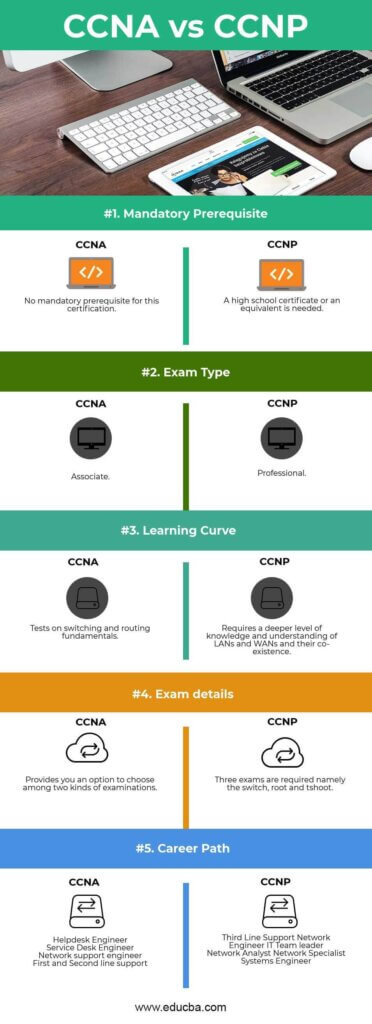
Conclusion
If you want to boost your IT career, Cisco certification can help get you on the right track. SimpliLearn offers a catalog variety of IT training, including CCNA and CCNP courses taught by certified professionals.


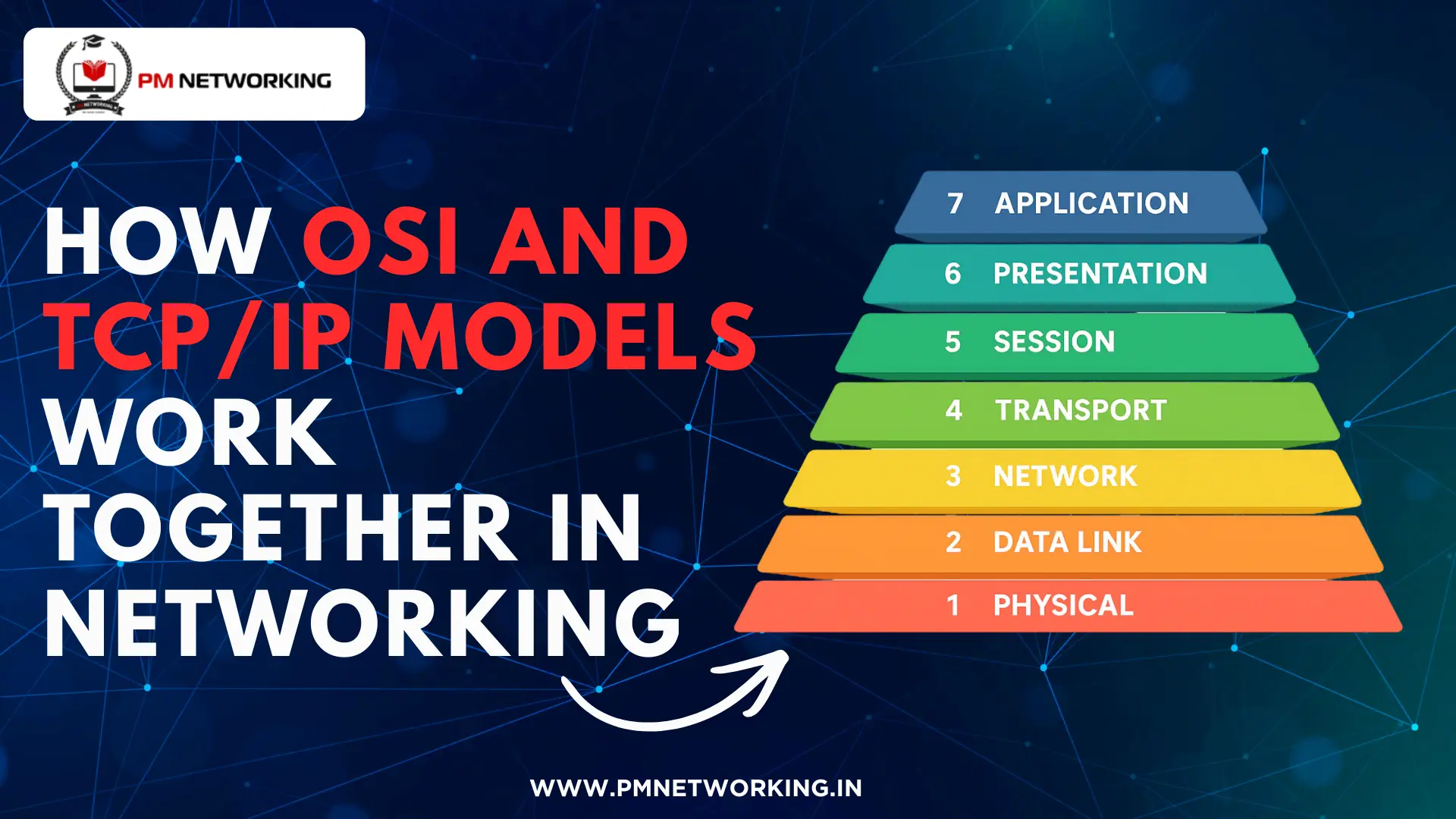
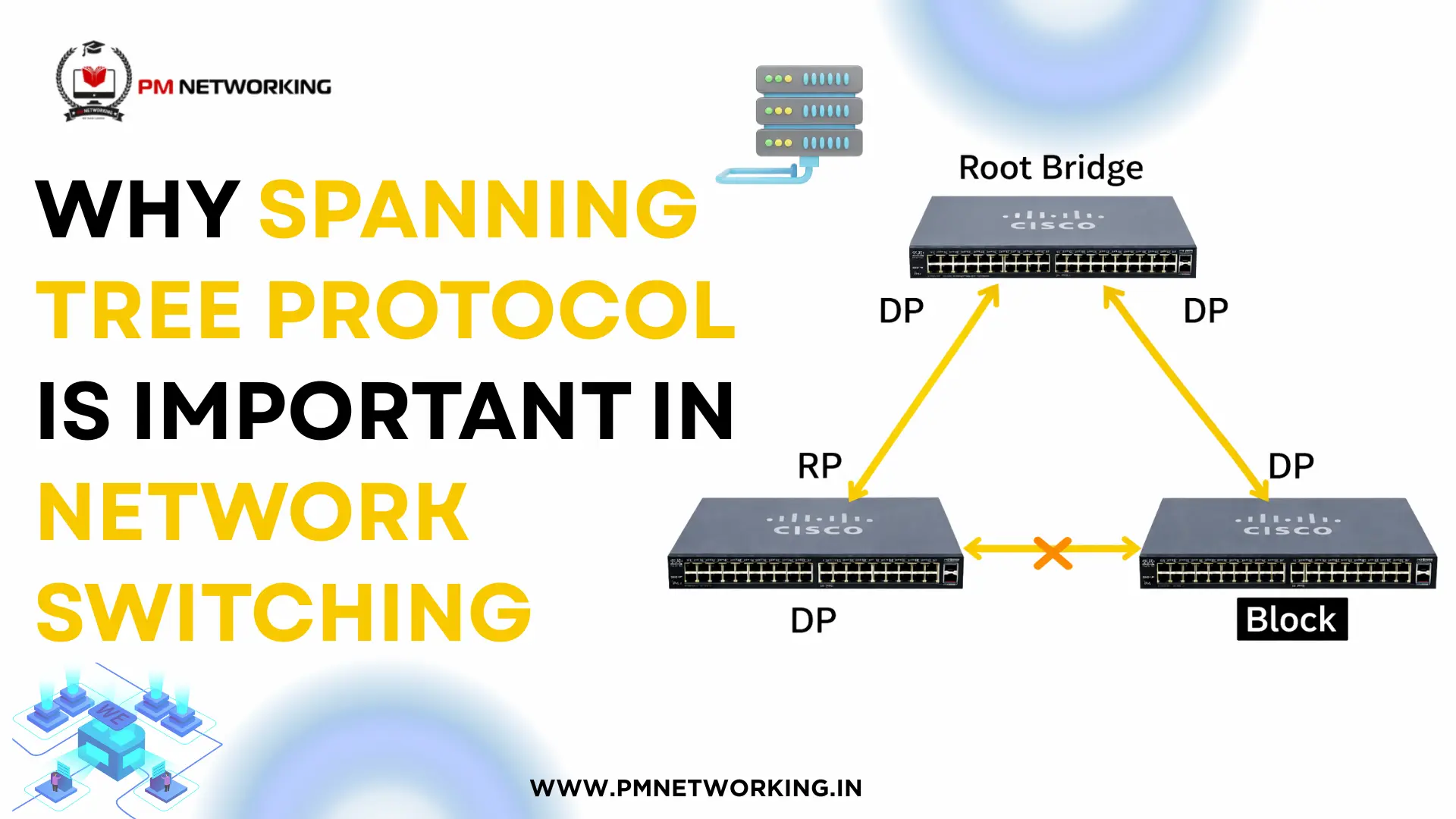
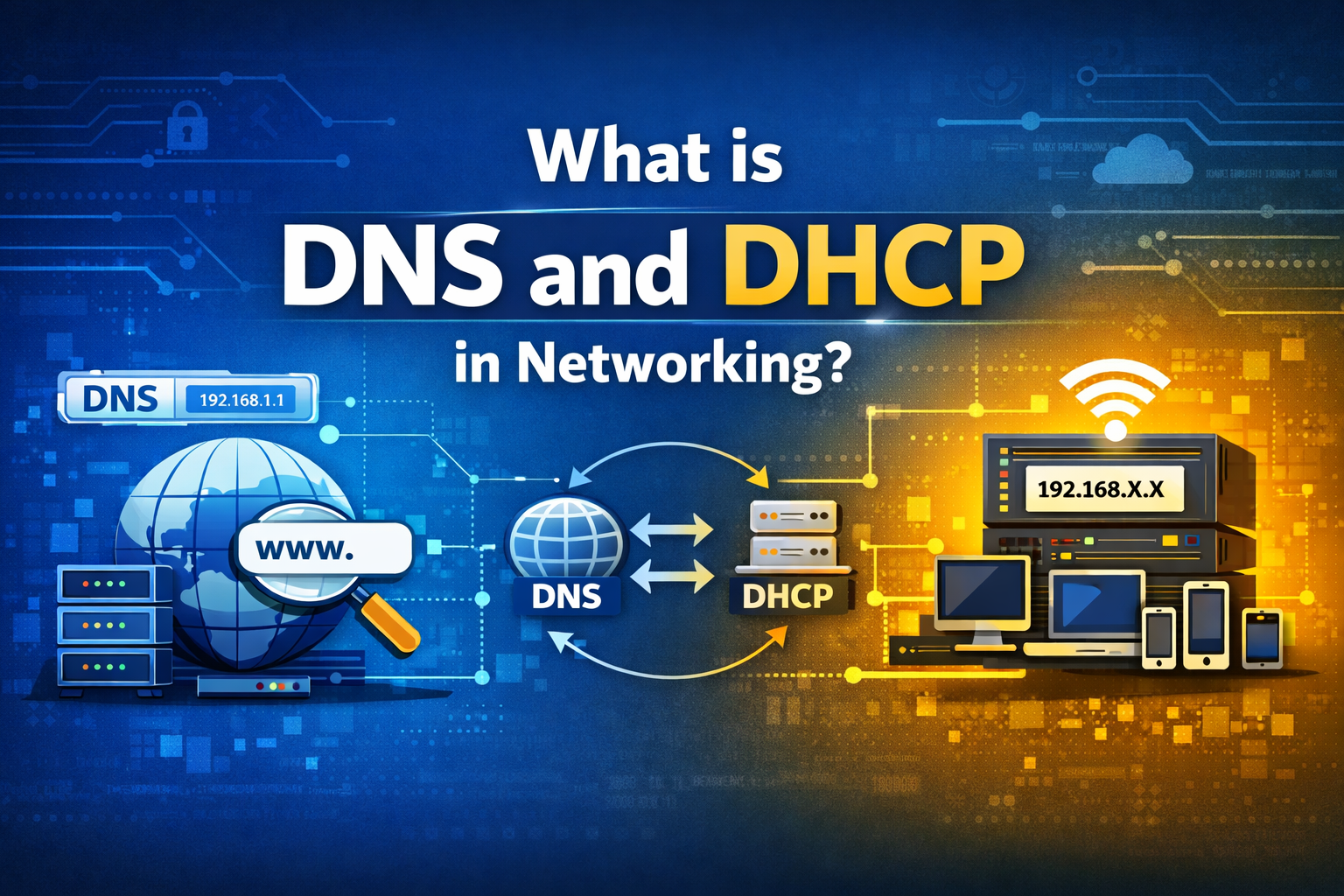
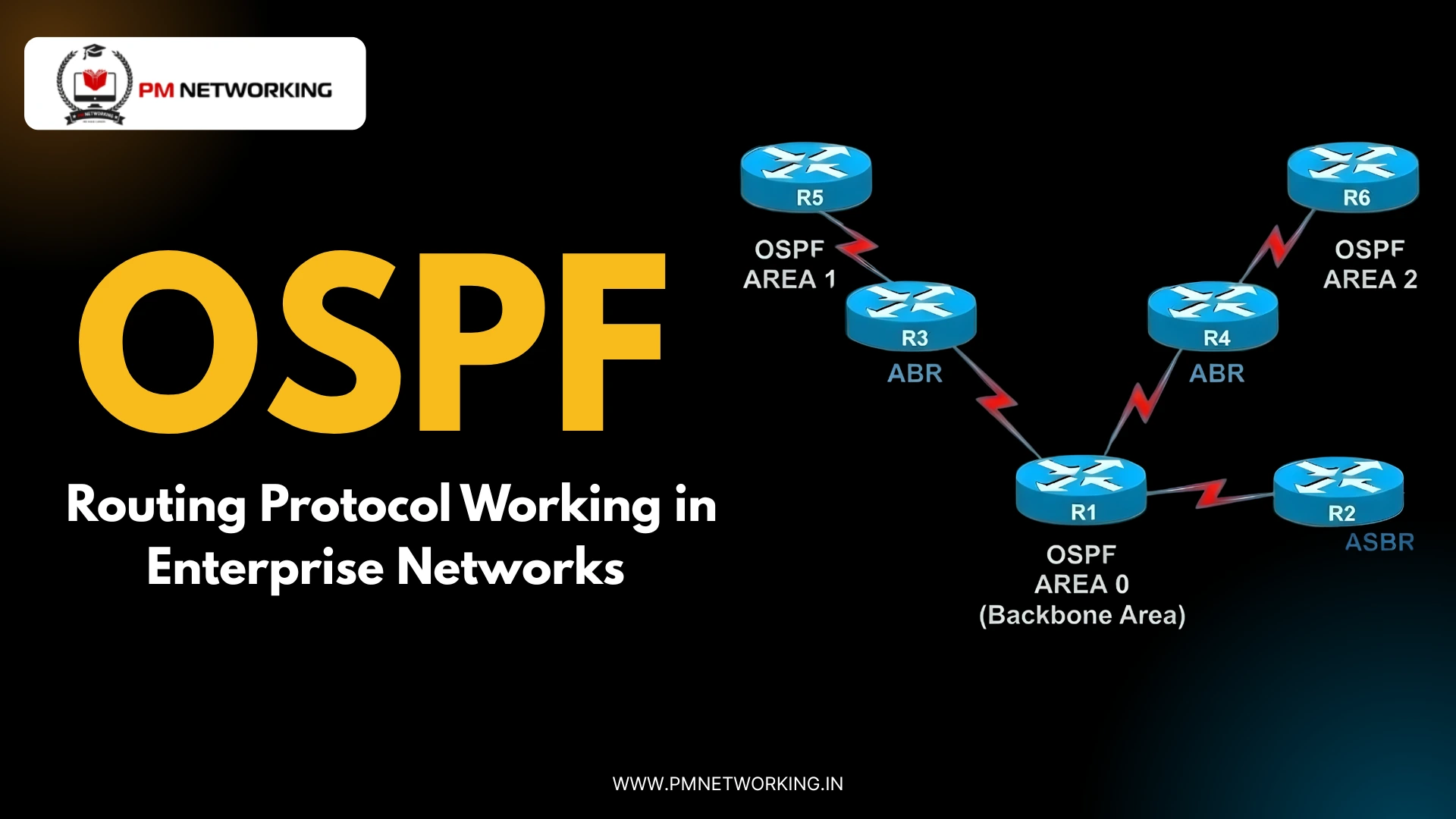

0 Comments